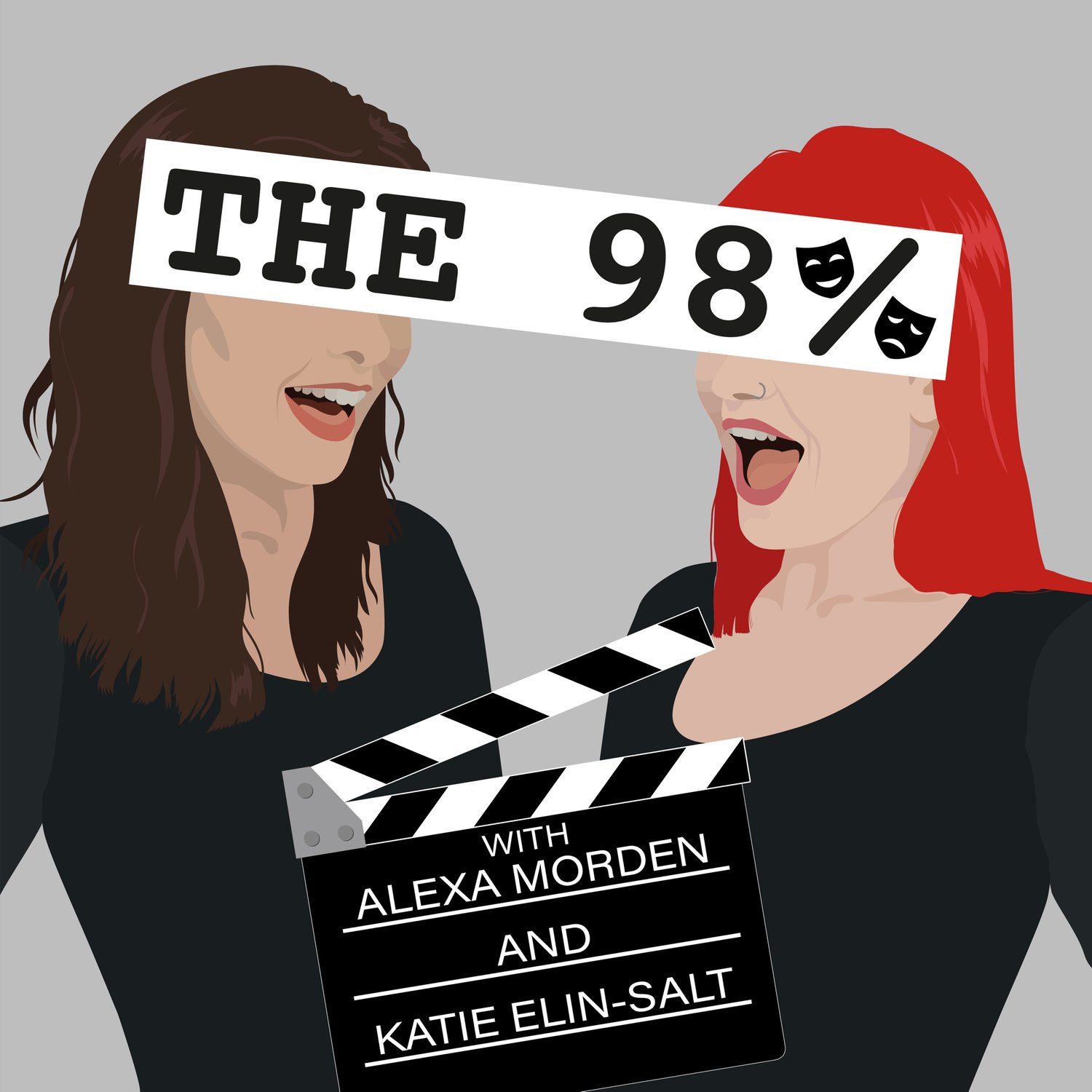By Lily Shepherd
When I meet fellow actors out and about, telling them my agent is a Co-op is always a great conversation opener. There is a lot of myths to be busted, and as an avid listener of The 98% I thought I whack together a few words of advice to my comrades who feel the Co-op life could be for them. A few tips to get started...
Make sure you research.
Like all agencies, some are better than others. I'm quite lucky because mine is genuinely one of the best, and we care about other peoples careers as much as our own. Have a look at their website to see what time of work they're getting. If you can, find out who cast it, see what CD's/theatres they have connections with. Make sure the ones you apply to have no one like you on their books, it gives you a better chance of being seen.
You get out what you put in
If you push someone for a role, whether it be a strong Spotlight submission, or phoning the casting director to follow it up, people are more likely to do that for you. (I have actually got someone a casting by doing this).
Think like an agent
When you're in the office, you need your agents hat on. This might take some adjustment time if you've only even been an actor. You will need to be reeeeally realistic about who you put up for what, it isn't just 'can they play this part' it's also, 'will they be SEEN for this part'. I.E. don't put someone with zero film credits up for the lead in a major feature. You need to look at the breakdowns objectively. Stupid subs might affect our chances of being respected by CD's and we don't want to be taken off the list!
Pro's
Support - I joined as a graduate and knew diddly squat about the industry, having a network of 20-30 people with a wealth of knowledge and experience willing to answer any of my (sometimes stupid) questions was invaluable. If I had a conventional agent as a graduate, I probably wouldn't feel too comfortable bombarding them.
You learn about how the casting process works - From the breakdowns coming through on Spotlight, to booking people in their castings. Nothing makes you feel super involved in the industry than looking at it from different angles. Depressing as it seems, if you don't get a casting for a few months, its makes you feel like you still have your finger in that pie.
You can see the breakdowns: Everyone has their own agent's login, so you can log on to Spotlight and see what you've been put up for. This may quash the 'why haven't I been seen for ages!' frustration as sometimes when I look on, there genuinely isn't anything coming through for me at the moment, and thats fair enough! It can also be a bit 'look at all these jobs no-one wants to see me for', depends how you look at it! This can also give you a bit of a head start. If it's theatre, I can see the CD's information and breakdown, and do my own email follow up explaining why I'm right for the role, (I have actually had castings through doing this!) someone with a conventional agent won't be privy to that information.
You have a better control over your own career. - This is the main reasons Co-ops were started in the first place. You aren't at the mercy of an agent trying to squeeze money out of you, you don't want to do something? Don't have to, simple. No one will pressure you to take a job you aren't comfortable with as Co-ops are not for profit so theres no reason for them too.
The commission is lower. - As I previously mentioned. Co-op's are not for profit so any commission you pay goes back into the running of the agency; rent, utilities etc. It's generally 10% for TV/film/theatre and 12.5% for commercials.
It's rewarding - someone recently booked a life changing job, and the person who got to tell them described it as 'the best phone call they'd ever made', there's is a really nice feeling of being in it together, a win for one being a win for all!
Level playing field - Not to throw shade at myself, but there are rarely big actor stars signed with Co-op agencies, meaning you won't be sidelined for a big money maker. The numbers are also kept quite small, so people can't be forgotten about.
Con's
Time consuming - you generally have to do 2-4 office days a month, as well as a monthly meeting, whatever day job you have will have to factor in you will have to have time off during the week (and thats excluding castings) - you will also need to bear in mind it's unpaid work.
It's hard work! - Office days can be dead as a dodo, they can also be super busy. People's careers are in your hands 3 days a month and that can be a bit of pressure! There can be a lot of phone calls to make, emails to send, admin and finance work, and always the sucky task of telling people a job didn't go their way.
This is just my two cents, it's not for everyone - but definitely worth thinking about, especially if you haven't before. As well as making new, like-minded friends, you get a mind-opening, wealth of different experience from people you may not have otherwise met.
Lily is an ex-pat northerner living in London. Catch her in Hillsborough drama 'Anne' due to air on ITV next year. You can also follow her on twitter and instagram @lilshepz

